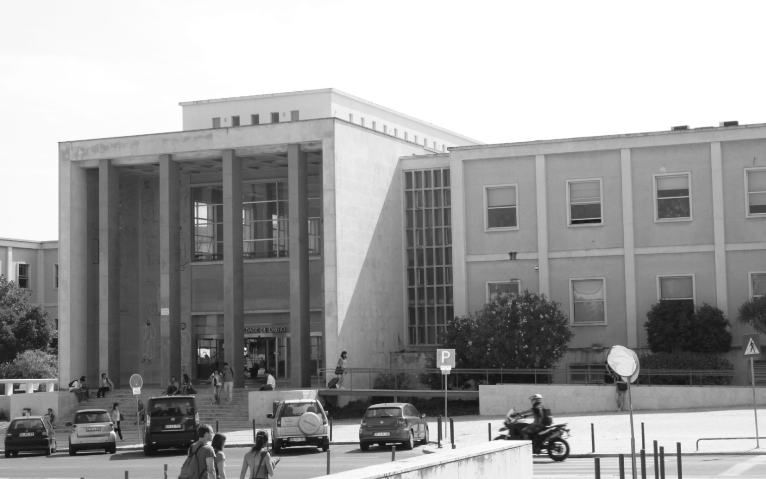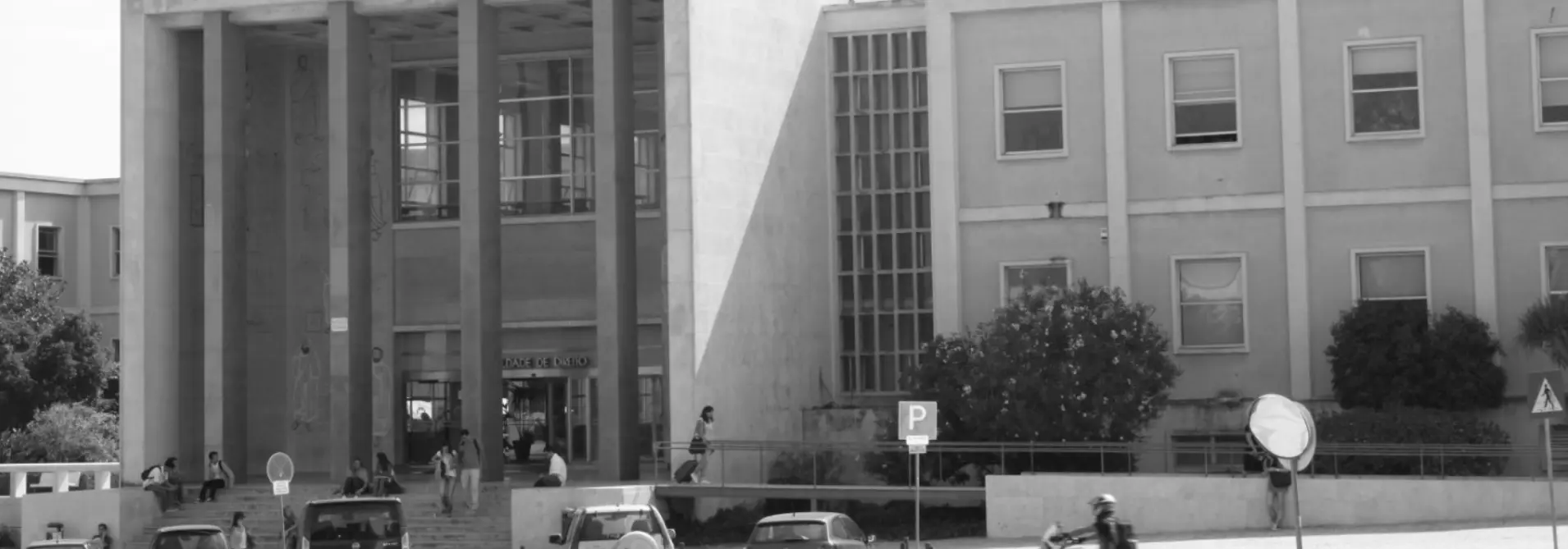RESEARCH
LPL EDITIONS
RESEARCH ACADEMY
HAPPENING
RESEARCH
Constitutional Law and Political Science
Sustainable Immigration in a Welfare State

Consultants:
Maria José Rangel Mesquita (LPL); Ana Caldeira Fouto (IURIS); Francisco Pereira Coutinho (NOVA School of Law); Emellin de Oliveira (NOVA School of Law); Fausto Amaro (ISCP)
Maria José Rangel Mesquita (LPL); Ana Caldeira Fouto (IURIS); Francisco Pereira Coutinho (NOVA School of Law); Emellin de Oliveira (NOVA School of Law); Fausto Amaro (ISCP)
Financing:
UIDB/04310/2020
UIDB/04310/2020
Project Status:
Ongoing
Ongoing

Summary
This project aims to critically think about Portuguese Immigration Law and policy. On the one hand, it aims to analyse some normative solutions that have been adopted over time, such as visa regularisation and facilitation regimes for the purposes of of job search, and the impacts they have on the public interests to be safeguarded by the Portuguese State and on the effective guarantee of the fundamental rights of all residents in the territory. On the other hand, the aim is to open a broad and rigorous debate on what characteristics an immigration policy should have that is sustainable in a democratic, social and pluralistic State of Law.
Objectives
This project aims to discuss in depth the normative solutions of the Portuguese Immigration Law, as well as the characteristics that a normative regime must have to regulate migratory flows in a sustainable way in a Social Rule of Law.
Immediate objectives:
1. Analyse the main immigration routes and the granting of legal status provided for in the Portuguese Immigration Law, and their evolution over time;
2. Discuss the content of the interests to be met in the development of normative solutions without regard to immigration policy in the context of a pluralistic and social Rule of Law;
3. Map the conditions to be met to maintain “sustainable immigration”, in accordance with the relevant supra-legal normative parameters: the full safeguard of the State’s tasks of pursuing public interests, the guarantee of fundamental rights of residents in the territory, and respect for European integration and development of a common immigration law and policy.
Relevance
The Portuguese Immigration Law, Law No. 23/2007, has undergone successive changes, mainly through the creation of new means of entry into the country and the expansion of possibilities for regularizing the status of illegally staying foreigners.
At the same time, we are witnessing an increase in phenomena such as aid to illegal immigration and human trafficking, the employment of citizens in an illegal situation, as well as the State's lack of capacity to control how many reside in the territory and to guarantee everyone the minimum right to the survival threshold, including a right to decent housing.
The debate regarding Immigration Law and Policy has, however, been very difficult due to its extreme politicisation, which leads to extreme polarisation, and conditions an objective, rational and scientific discussion of the matter. Public Law is the area par excellence in which to openly question which public interests, legally and constitutionally protected, the legislator should have in perspective when deciding on immigration matters, in order to be able to make responsible and sustainable decisions in the context of a democratic Rule of Law, plural and social, and that fully respect supra-legal obligations, also arising from EU Law and Public International Law.
Publications
Year: 2025
LPL Authors: Ana Rita Gil
LPL Editors: Ana Rita Gil
Migrações, Asilo e Nacionalidade



